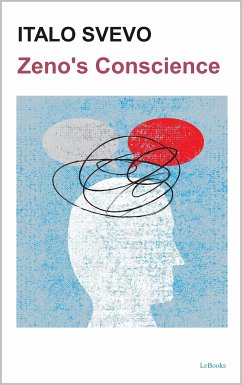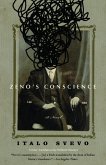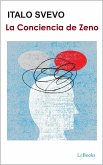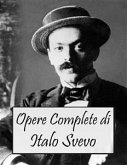Zeno's Conscience is a novel presented as the fictional autobiography of Zeno Cosini, an unreliable narrator who recounts his life story to his psychoanalyst. The novel is structured around Zeno's attempts to quit smoking, his relationships with his father and wife, his business ventures, and his extramarital affairs. Svevo employs a stream-of-consciousness technique to delve into Zeno's psyche, revealing his self-deceptions, rationalizations, and contradictions. Zeno's reflections on his life are marked by irony and humor, and his unreliable narration adds layers of complexity to the story. One of the central themes of Zeno's Conscience is the exploration of human irrationality and self-delusion. Zeno's repeated failures to quit smoking serve as a metaphor for his broader inability to control his impulses and understand his true motivations. Svevo's portrayal of Zeno's inner life anticipates many of the themes and techniques later associated with psychoanalysis and modernist literature. The novel also reflects Svevo's interest in the emerging field of psychoanalysis, influenced by his reading of Sigmund Freud's works. Svevo's depiction of Zeno's sessions with his psychoanalyst serves as a vehicle for exploring the complexities of human consciousness and the limitations of self-knowledge.
Dieser Download kann aus rechtlichen Gründen nur mit Rechnungsadresse in A, B, BG, CY, CZ, D, DK, EW, E, FIN, F, GR, H, IRL, I, LT, L, LR, M, NL, PL, P, R, S, SLO, SK ausgeliefert werden.









